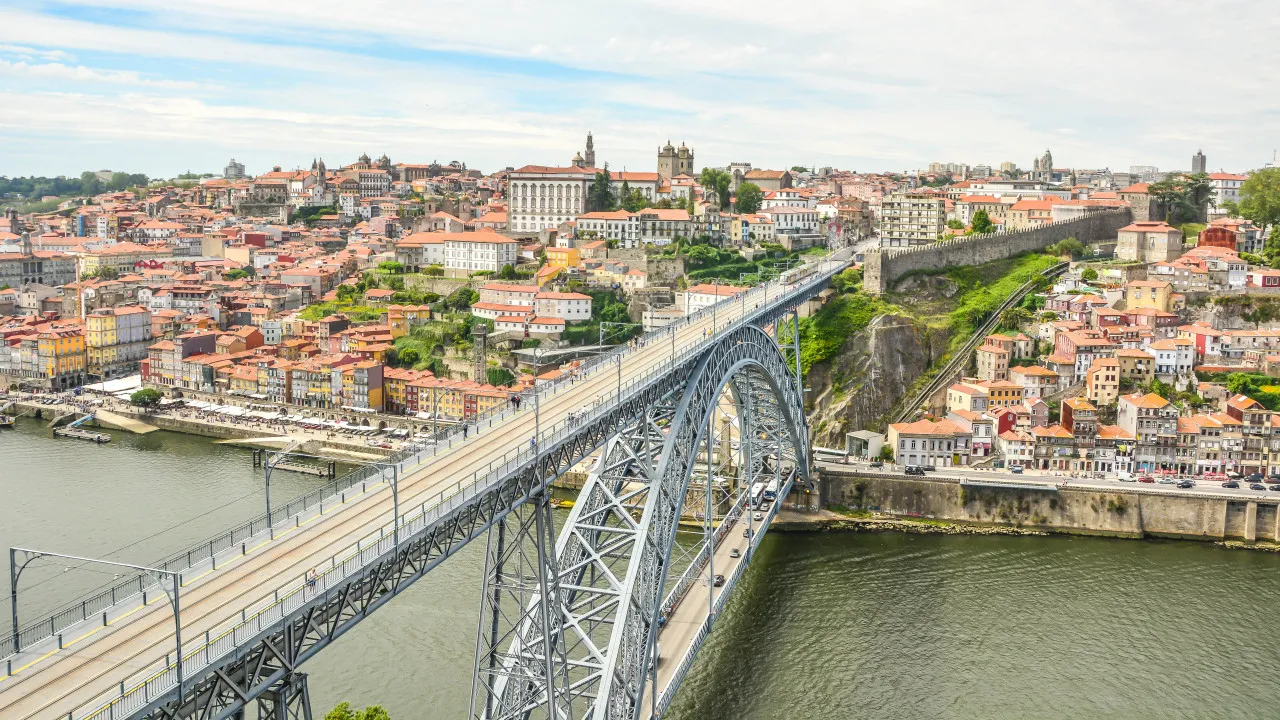The crisis and economic fragility of the ‘media’ sector in Portugal is one of the factors of concern with regard to misinformation, concludes the Iberifier observatory study released today.
According to the report “Analysis of the impact of disinformation on political, economic, social and security issues, governance models and best practices: the case of Spain and Portugal”, the perception of disinformation in Portugal as an “external threat to internal political and socio-economic balances is not so consistent”, since “in the political and cyber security spheres there has been no alarmism so far”.
In fact, the recommendations adopted by the “institutional bodies in charge of preventing and monitoring disinformation are technically coherent with the European recommendations, but without, however, registering a scenario considered alarming,” reads the study prepared by the Iberian Observatory of Digital Media and Disinformation, Iberifier, of which Lusa is a partner.
However, “the concern with misinformation is more justified” if “the financial situation and vulnerability of the Portuguese media ecosystem” is considered.
The Portuguese media sector “is fragile in economic and professional terms, and in terms of the status of journalistic value, news as a collective heritage, in particular” the economic, the professional and the audience and their relationship with news content.
On the economic issue, there is a “prolonged crisis” that began in 2008-2011, “accentuated by the pandemic” of covid-19 since 2020.
In this context, “the economic dilemmas of the ‘media’ in Portugal” are explained by external factors, such as “the economic crisis, pandemic”, and internal factors, “poor adaptation to the digital environment, unsuccessful attempt to adapt the analog for distribution models that do not favor the stability of the content, excessive dependence on funding models in the case of the press,” say the researchers in the conclusions.
The ‘media’ “got a late start fighting for a place in the digital economy, ‘streaming’, and everything else seems more important than the economic relationship of audiences to journalism.”
The study points out that the crisis in journalism and the loss of credibility of professionals is a result of “both public disinvestment” and “the sector’s disinvestment in professionals, an increasing politicization of the media debate by commentators (who are not journalists, but are used by the media to create a climate of permanent dispute).
Added to this is “the more negative view emerging in public opinion about professionals, induced either by an incipient populist wave, blaming the journalistic system, or by the perception that professionals fail to carefully monitor developments in the industry.
In addition, there are other factors to consider, namely the “hyper-acceleration of the 24-hour news cycle, the saturation of audiences with specific content, and the rise of an attention economy that heavily penalizes those who depend on content production.”
According to the study, these acceleration trends “negatively impact a sphere in manufacturing whose work is difficult and expensive to automate and do with quality in algorithmic or non-algorithmic digital environments.”
On the other hand, “the very positive data on trust in news is counterbalanced by several signs of saturation of news content, growing disinterest in news, active avoidance of news, and increasing access to news content indirectly in digital environments.”
Iberifier is a project that aims to fight disinformation and integrates 23 Iberian research centers and universities, the Portuguese news agency, Lusa, and the Spanish EFE, and ‘fact checkers’ such as Polígrafo and Prova dos Factos – Público, from Portugal, and Maldita.es and Efe Verifica, from Spain.
The consortium is one of 14 multinational observatories on digital media and disinformation promoted by the European Commission. Its coordinator is Ramón Salaverría, from the University of Navarra, and includes, among others, the Carlos III University of Santiago de Compostela, from Spain, and ISCTE – Lisbon University Institute and the University of Aveiro, from Portugal.






